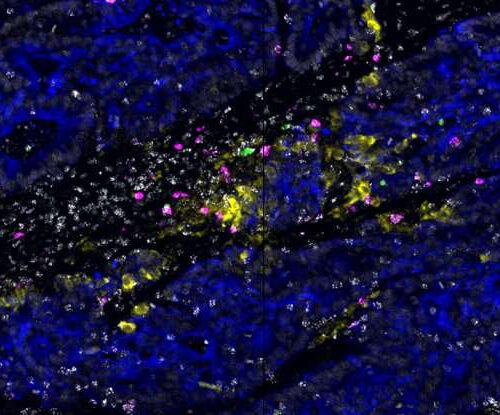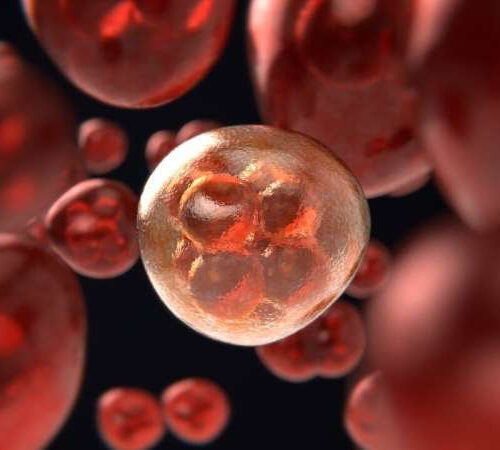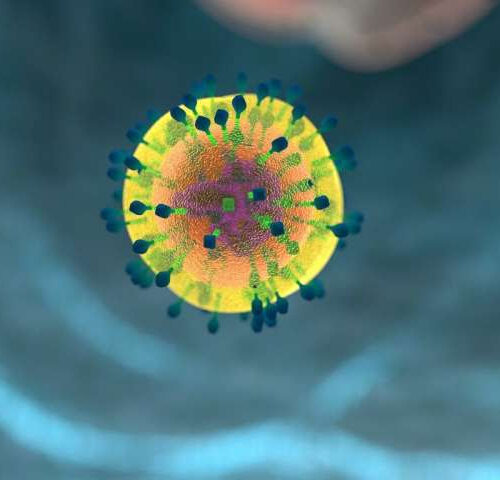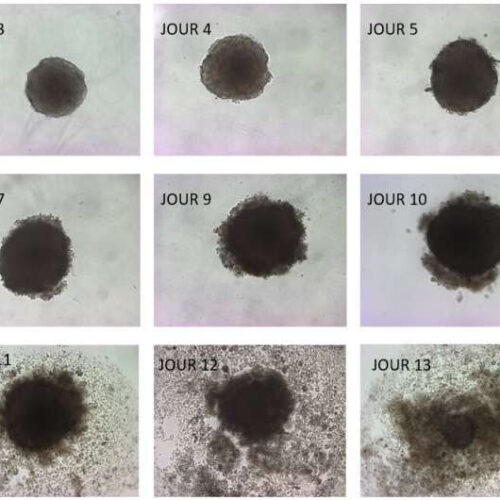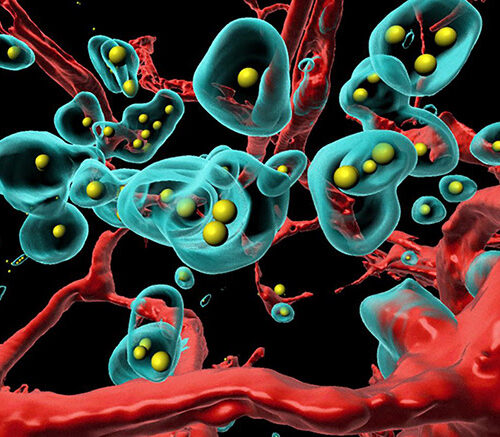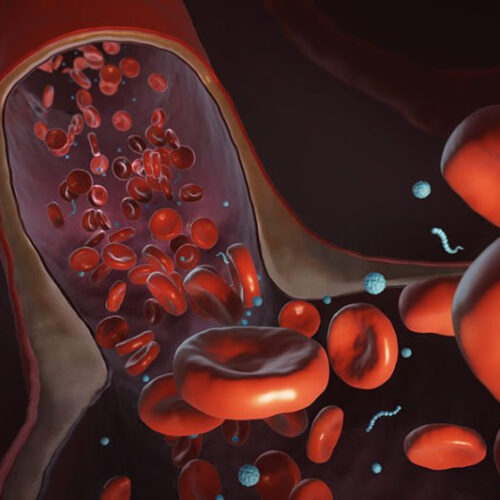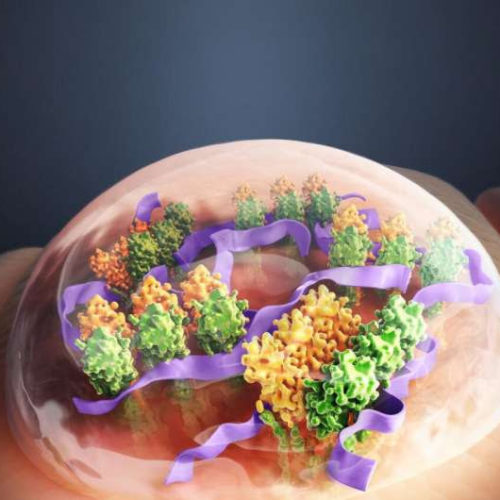UNIVERSITY OF TEXAS AT ARLINGTON IMAGE: WEI CHEN, PROFESSOR OF PHYSICS, THE UNIVERSITY OF TEXAS AT ARLINGTON CREDIT: ERIKA SUAREZ/UTA Wei Chen, professor of physics at The University of Texas at Arlington, is the senior author of two papers detailing the effects of copper cysteamine, a next-generation cancer photodrug invented in Chen’s laboratory. The first...
Tag: <span>tumors</span>
Immune cell ‘hubs’ discovered hiding in tumors
by Sarah C. P. Williams, Broad Institute of MIT and Harvard In a subset of human colorectal tumors, immune cells such as activated and potentially tumor-reactive T cells (white, green, and magenta) are organized into “hubs” around malignant cells (blue) expressing molecules (yellow) that attract immune cells. Credit: Joshua Pirl, Vjola Jorgji, Linda Nieman, Jonathan Chen....
Liquid biopsies may aid diagnosis, treatment of bladder, nerve tumors
by Julia Evangelou Strait, Washington University School of Medicine Credit: Pixabay/CC0 Public Domain Blood and urine tests could lead to faster and less invasive methods to diagnose and monitor various types of tumors, new research indicates. Two studies led by Washington University School of Medicine in St. Louis describe the potential of liquid biopsies to identify and track...
Heat-controllable CAR T cells destroy tumors and prevent relapse in new study
by Georgia Institute of Technology Credit: CC0 Public Domain A team of researchers led by bioengineers at the Georgia Institute of Technology is expanding the precision and ability of a revolutionary immunotherapy that is already transforming oncology. CAR T-Cell therapy has been hailed by patients, clinical-researchers, investors, and the media as a viable cure for some cancers. CAR...
Looking at tumors through a new lens
INSTITUTE FOR SYSTEMS BIOLOGY Neoadjuvant immune checkpoint blockade (ICB) is a promising treatment for melanoma and other cancer types and has recently been shown to provide a modest survival benefit for patients with recurrent glioblastoma. To improve the treatment efficacy, researchers are looking for vulnerabilities in surgically removed glioblastoma tissues, but this has been difficult...
An omega-3 that’s poison for tumors
by Université catholique de Louvain 3D tumors that disintegrate within a few days thanks to the action of a well-known Omega-3 (DHA, found mainly in fish) — this is the exceptional discovery by the University of Louvain.Hungry for fatty acids, tumor cells in acidosis gorge themselves on DHA but are unable to store it correctly and...
Trojan Horse Virus Makes Tumors Destroy Themselves
MAY 19TH, 2021 CONN HASTINGS Researchers at the University of Zurich have developed a virus-based therapy that causes a tumor to destroy itself. They modified an adenovirus, which is a common virus that typically infects the respiratory tract and which is already widely used in medicine, to deliver genetic material that codes for an anti-cancer protein. In...
Targeting Tumors with Nanoworms
Drugs and vaccines circulate through our vascular system reacting according to their chemical and structural nature. In some cases, their destination is diffuse. In other cases, like cancer treatments, the intended target is highly localized. The effectiveness of a medicine —and how much is needed and the amount of side-effects it causes —are a function...
Starving tumors by blocking glutamine uptake
by Sanford Burnham Prebys Medical Discovery Institute Ze’ev Ronai, Ph.D., director of Sanford Burnham Prebys’ NCI-Designated Cancer Center. Credit: Sanford Burnham Prebys Medical Discovery Institute Scientists at Sanford Burnham Prebys Medical Discovery Institute have identified a drug candidate that blocks the uptake of glutamine, a key food source for many tumors, and slows the growth of...
‘STING’-ing tumors with nanoparticles
by UT Southwestern Medical Center Artist’s rendering shows a synthetic polymer (purple) that activates STING proteins (yellow and green motifs) for cancer immunotherapy. Credit: ShenyangZhiyan Science and Technology Co. Ltd. A new nanoparticle-based drug can boost the body’s innate immune system and make it more effective at fighting off tumors, researchers at UT Southwestern have shown. Their study,...


